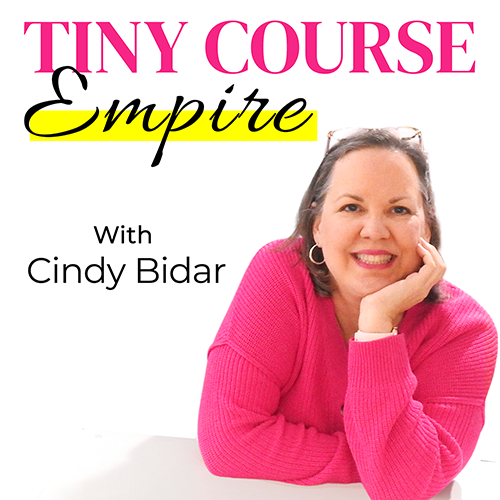
Some days I sit down at my desk and I can barely sit still. I flit from email to my writing app to a video I’m editing to a course outline and back again, making no progress on anything.
I get up to get coffee, or take a shower, or eat breakfast, thinking that when I come back I’ll find my focus. Sometimes it works. Other times, I sit down just as distracted as I was before.
What the heck is going on? I decided to find out, and the research I found is disturbing.
- 73% of us are overwhelmed with distractions.
- Employees lose 720 hours per year to workplace distraction.
- 68% of us are unable to maintain focus on important tasks.
- 60% can’t commit to even two hours of distraction-free work.
While it’s comforting to know I’m not alone in my distraction battle, it’s concerning that distractions are such an issue—one that only seems to be getting worse.
If constant distractions are preventing you from growing your business, making a difference in the lives of your clients, or accomplishing the goals you have set for yourself, you’ll be glad to know I’ve uncovered 14 ideas to help.
Prefer a transcript? Here you go!
What you’ll learn in this episode:
- Two types of distractions we face, and why understanding the difference is the key to finding a solutions
- My favorite distraction-destroying tools
- How treating your business more like a job can help eliminate distractions before they become a problem
- Three ways your calendar can help manage distractions
- Two surprising habits that can help you stay focused
- What to do when, despite your best efforts, you just can’t overcome the distractions that derail your efforts
Resources mentioned:
- Freedom.to is an app that blocks distracting websites.
- Be Focused is the app I use on my phone to time my work blocks.
- The Pomodoro Technique is a simple and effective way to maintain your focus.
- 10% Happier is the book that convinced me meditation was worth my time.
- Interstitial Journaling is a useful method for tracking your time and your results.
- Time blocking helps me prioritize my days and prevent what Cal Newport calls “uncontrolled time.”




